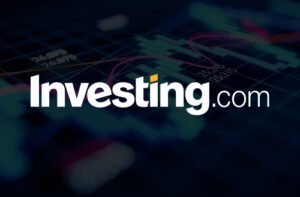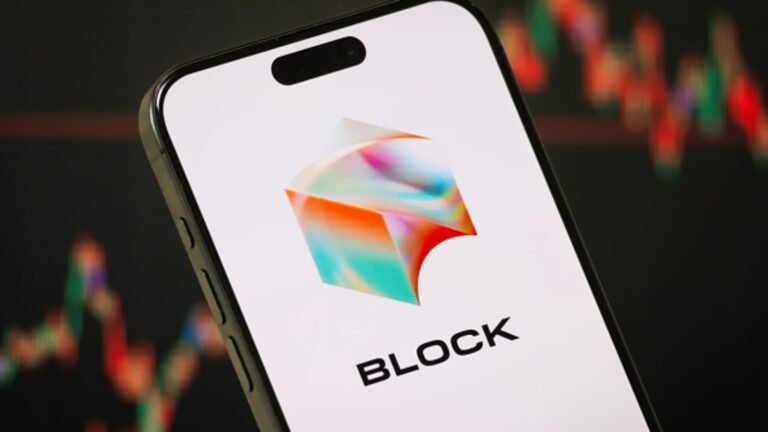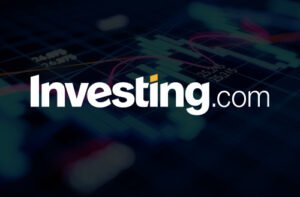Securing a Small Business Administration (SBA) loan can be a pivotal step in funding your business’s growth, expansion, or operational needs. While the process may seem intricate, understanding the steps involved can streamline your journey. Here’s a comprehensive guide to help you navigate the SBA loan application process:
Step 1: Determine the Right SBA Loan for Your Business
The SBA offers several loan programs tailored to different business needs:
- SBA 7(a) Loan: The most common SBA loan, ideal for working capital, equipment purchase, or refinancing debt.
- SBA 504 Loan: Designed for purchasing fixed assets like real estate or equipment.
- SBA Microloan: Provides small loans (up to $50,000) to startups or newly established businesses.
- SBA Express Loan: Offers faster processing times for loans up to $500,000.
Each program has specific eligibility criteria and purposes, so choose the one that aligns best with your business objectives.
Step 2: Assess Your Eligibility
To qualify for an SBA loan, your business must:
- Operate for profit and be based in the U.S.
- Be considered a small business under SBA size standards
- Demonstrate a need for the loan and show how you’ll use the funds
- Have reasonable equity invested in the business
- Be unable to obtain credit elsewhere on reasonable terms
- Be creditworthy and able to repay the loan
Specific requirements may vary depending on the loan program, so it’s essential to review the criteria for the loan type you’re interested in.
Step 3: Find an SBA-Approved Lender
SBA loans are issued through approved lenders, including banks, credit unions, and other financial institutions. To find a suitable lender:
- Use the SBA Lender Match Tool: This free online tool connects you with SBA-approved lenders based on your business needs
- Research Local Banks and Credit Unions: Many have experience with SBA loans and may offer personalized service.
- Consult with SBA District Offices: They can provide a list of approved lenders in your area.
It’s beneficial to choose a lender familiar with SBA processes to ensure a smoother application experience.
Step 4: Prepare Your Loan Application Package
A complete application package typically includes:
- SBA Forms: Such as Form 1919 (Borrower Information Form) and Form 413 (Personal Financial Statement)
- Business Financial Statements: Profit and loss statements, balance sheets, and cash flow projections.
- Tax Returns: Personal and business returns for the past three years.
- Business Plan: Outlining your business model, market analysis, and financial projections.
- Legal Documents: Business licenses, leases, and contracts.
- Personal Background Information: Resumes and personal financial statements for all business owners.
Organizing these documents beforehand can expedite the application process.
Step 5: Submit Your Application
Once your application package is complete, submit it to your chosen lender. The lender will review your application, conduct underwriting, and may request additional information. If approved, the lender will submit your application to the SBA for final approval.
The entire process can take between 30 to 90 days, depending on the loan type and complexity.
Tips to Enhance Your Application
- Maintain Accurate Financial Records: Lenders prefer businesses with clear and organized financial documentation.
- Demonstrate Repayment Ability: Show how the loan will help your business generate revenue to repay the debt.
- Seek Professional Advice: Consult with a financial advisor or accountant to ensure your application is robust.
- Be Transparent: Honesty about your business’s financial health and challenges builds trust with lenders.
Applying for an SBA loan is a significant step toward achieving your business goals. By understanding the process and preparing thoroughly, you can increase your chances of securing the funding you need. If you have further questions or need assistance with specific aspects of the application, feel free to ask!
Frequently Asked Questions (FAQ)
1. What is the SBA loan?
A Small Business Administration (SBA) loan is a type of loan backed by the U.S. government designed to help small businesses obtain financing when they might not qualify for traditional loans. It offers lower interest rates, longer repayment terms, and more flexible criteria for small businesses.
2. What are the different types of SBA loans?
There are several SBA loan programs, the most common being:
- SBA 7(a) Loan: Used for working capital, equipment, or refinancing.
- SBA 504 Loan: For purchasing real estate and large equipment.
- SBA Microloan: Small loans for startups or early-stage businesses.
- SBA Express Loan: A fast-track loan with a higher rate for quicker access to funds.
3. How do I qualify for an SBA loan?
To qualify for an SBA loan, your business must meet specific eligibility criteria such as:
- Being a for-profit business.
- Being a small business as per SBA standards.
- Demonstrating a need for the loan.
- Having the ability to repay the loan.
- Not being able to obtain credit elsewhere.
4. How long does it take to get an SBA loan?
The SBA loan approval process typically takes 30 to 90 days, depending on the lender and the type of loan. The more complex the loan, the longer the process may take.
5. What documents do I need to apply for an SBA loan?
You’ll need to submit a range of documents including:
- Personal and business tax returns.
- Profit and loss statements.
- A business plan outlining your goals and financial projections.
- Personal financial statements.
- Legal documents like your business license and ownership agreements.
6. How much can I borrow with an SBA loan?
The maximum loan amounts vary depending on the type of loan:
- SBA 7(a) Loan: Up to $5 million.
- SBA 504 Loan: Up to $5.5 million for a single project.
- SBA Microloan: Up to $50,000.
7. Can I use an SBA loan for anything?
SBA loans can be used for a wide range of business purposes, including working capital, equipment purchases, real estate, inventory, and debt refinancing. The specific loan type will determine the allowed uses.
8. What are the SBA loan interest rates?
Interest rates for SBA loans typically range from 6% to 9%, depending on the type of loan and the lender. SBA Express loans may have higher rates due to their faster processing times.
9. Is collateral required for an SBA loan?
SBA loans generally require collateral, especially for larger loan amounts. Collateral may include business assets or personal guarantees from the business owners.
10. Do I need good credit to qualify for an SBA loan?
Yes, SBA lenders typically require a good credit score (generally over 650), but other factors like your business plan and ability to repay the loan are also considered. If your credit score is lower, it may still be possible to secure a loan with strong collateral and a solid business plan.
Read More:










